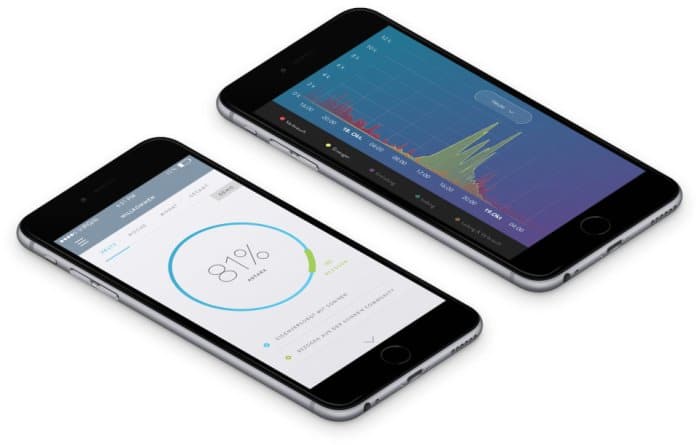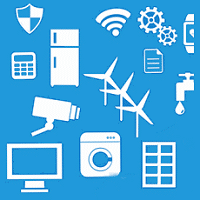A recent survey indicates one in four Australian houses are considered to be ‘smart homes’ – and the number may be even higher.
These homes considered “smart” are using climate control, lighting, media systems, cameras and computers controlled remotely via the Internet; i.e. they are part of the Internet of Things. As well as providing more control over the operation of appliances within a house, these devices can also help reduce energy costs.
The survey, carried out by ServiceSeeking.com.au, also indicated 29% of households polled had solar panels.
But solar power and smart homes are not mutually exclusive. Solar + storage will increasingly becoming an integral element of the smart home and home automation model.
Today’s solar power and battery systems often have online monitoring features, making them also a part of the Internet of Things – therefore smart home technology is likely present in more Australian homes than the survey indicated.

Online monitoring is only just scratching the surface of how solar and storage can and will interact within a smart home. The relationship between these and other smart home technologies will only become closer in the years to come – and 2017 is expected to see the beginning of the rise of the solar + battery powered smart home.
“The future of solar lies in intelligent energy management, and many solar companies are developing solutions as the industry charges ahead,” says SMA America’s Brad Dore.
“These products will, ideally, integrate PV, storage, monitoring and control to bring to life the vision of a smart, energy-efficient home where everything works together to function simply, maximize energy efficiency and reduce energy costs for homeowners.”
Energy efficiency is already a major growth driver for the smart home market.
Another benefit solar smart homes may provide is a helping hand with grid stability, switching over to battery power during peak demand. This will also offer financial benefits to solar households as residential electricity demand charges start coming into play.
With consumer attitudes towards smart home technology favourable, awareness rapidly increasing and the outlook so bright, it’s little wonder some of the world’s largest companies have moved or are moving into the smart home market.
However, along with all these devices is the need for reliable connectivity as without that, some become quite dumb. Telstra yesterday released a “hybrid” modem that can maintain a home’s internet connection when there is an NBN or other fixed line broadband service outage (assuming mobile broadband is still available).
“As our customers adopt more smart home technologies, staying online becomes even more integral as households connect to services such as remote monitoring, in-home voice assistants and home automation,” said Telstra’s Stuart Bird.
Our professional solar installers in Melbourne will assess and determine your energy needs. We customise a solar panel system in Melbourne to fit the roof size of your properly, ensuring you receive the most suitable a solar panel system for your Melbourne home, meeting to property’s energy requirements.












































